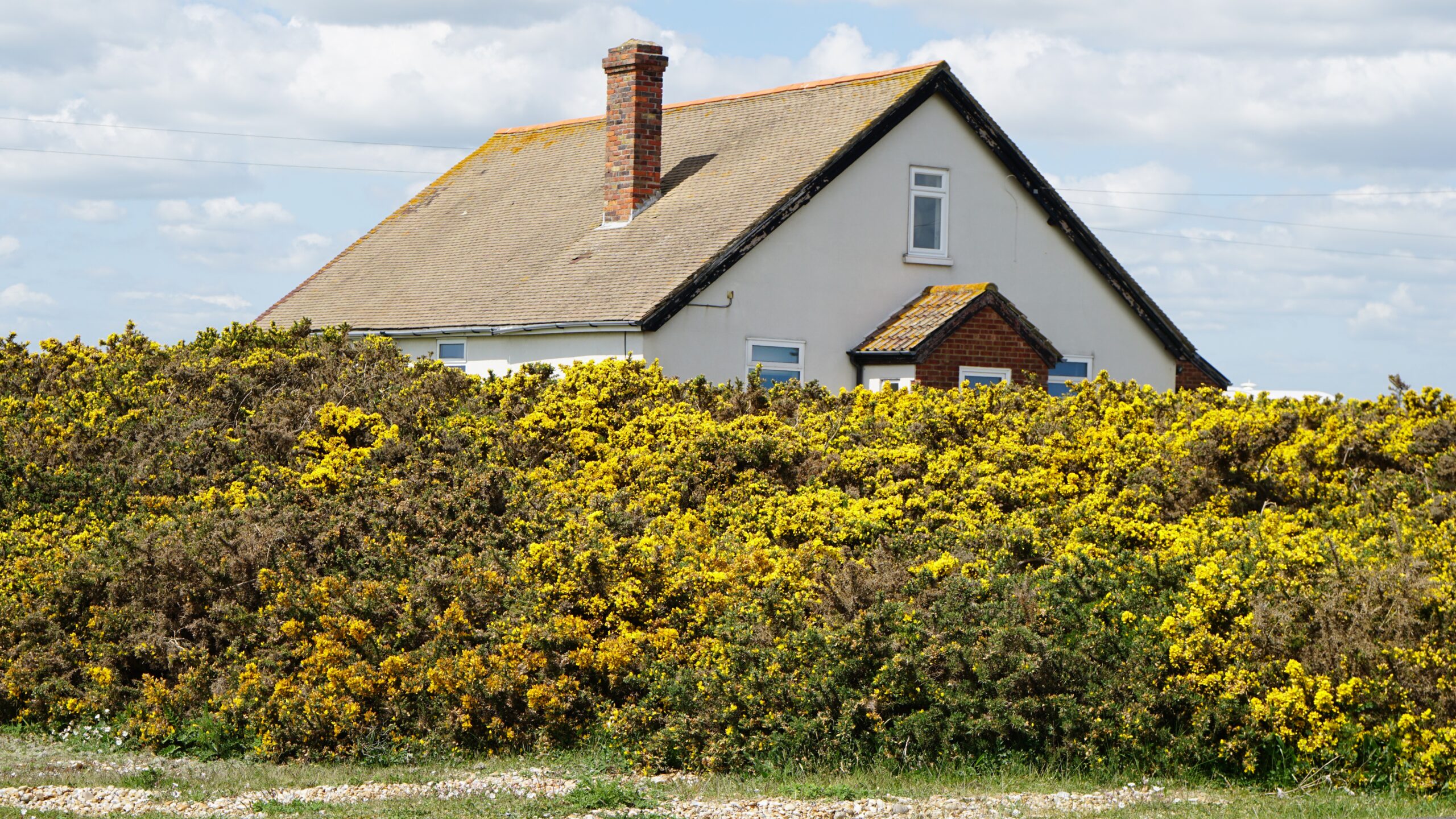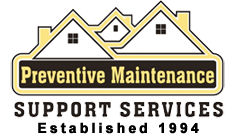
Chimney sweeping is an essential aspect of maintaining a safe and functional fireplace or wood-burning stove. Over time, soot, creosote, and other debris can accumulate within the chimney flue, creating a potential fire hazard and reducing the efficiency of your heating appliance. The question that often arises is whether it’s okay to sweep your own chimney, or if this task should be left to professional chimney sweeps. In this comprehensive exploration, we’ll discuss the benefits and drawbacks of DIY chimney sweeping and when it’s advisable to seek professional assistance.
The Basics of Chimney Sweeping
Chimney sweeping involves the removal of soot, creosote, ash, and other debris that accumulates within the chimney flue. These materials are byproducts of combustion and can pose significant risks:
- Fire Hazard: Creosote, a highly flammable substance, can accumulate on the flue lining and increase the risk of chimney fires.
- Blockage: Debris buildup can obstruct the flue, reducing proper airflow, causing inefficient heating, and potentially allowing dangerous gases like carbon monoxide to enter your home.
- Smoke and Odor Issues: A dirty chimney can cause smoky fires, unpleasant odors, and indoor air quality problems.
- Decreased Efficiency: A blocked or dirty chimney can reduce the efficiency of your heating appliance, resulting in higher fuel consumption and heating bills.
DIY Chimney Sweeping
Sweeping your own chimney can be a viable option for homeowners who are experienced, confident, and have the right equipment. Here are some considerations if you decide to undertake this task yourself:
1. Safety Precautions: Safety should be the top priority. Ensure you have appropriate safety gear, including goggles, a dust mask, gloves, and protective clothing to prevent exposure to soot and debris.
2. Equipment: You’ll need the right tools for the job, including a chimney brush, extension rods, a vacuum cleaner, and a drop cloth to protect your home from falling debris. You must also have a thorough understanding of how to use these tools effectively.
3. Knowledge: A basic understanding of chimney anatomy, including the damper, flue liner, and smoke chamber, is essential for safe and effective sweeping. Knowledge of how to inspect for damage or cracks is also valuable.
4. Creosote Removal: Creosote is a significant concern in chimney sweeping. It can range from light and flaky to hard and tar-like. The method of removal will depend on the type of creosote present. More challenging cases may require chemical treatments or professional assistance.
5. Inspection: While sweeping, take the opportunity to inspect your chimney for signs of damage, including cracks, loose bricks, or deteriorating mortar. Identifying issues early can prevent costly repairs down the road.
6. Regularity: Regular chimney sweeping is recommended, with the frequency determined by usage. A general guideline is to sweep at least once a year, but if you use your fireplace frequently, more frequent cleaning may be necessary.
Professional Chimney Sweeping
Seeking professional chimney sweeping services offers several advantages:
1. Expertise: Certified chimney sweeps have the training and experience to efficiently clean chimneys and identify potential issues. They are well-versed in safety procedures, ensuring a thorough and safe cleaning process.
2. Specialized Equipment: Professional chimney sweeps use specialized tools and equipment to provide a comprehensive cleaning, reducing the risk of leaving behind hidden creosote or debris.
3. Safety: Safety is paramount when working on chimneys. Professionals are equipped to handle safety concerns, such as dealing with birds’ nests, animal nests, and structural issues, while minimizing risks.
4. Code Compliance: Chimney sweeps are familiar with local building codes and regulations, ensuring that your chimney meets safety standards. They can provide necessary documentation for insurance and inspection purposes.
5. Thorough Inspection: Alongside chimney sweeping, professionals perform a thorough inspection to identify and address issues early, potentially preventing costly repairs.
6. Peace of Mind: Hiring a professional offers peace of mind. You can trust that the job is done correctly and that your chimney and heating appliance are safe and efficient.
When to Choose DIY or Professional Chimney Sweeping
The choice between DIY chimney sweeping and professional services depends on several factors:
1. Experience: If you have experience and feel confident in your abilities, DIY chimney sweeping may be a cost-effective option. However, novices are advised to seek professional assistance.
2. Type of Chimney: The type and condition of your chimney matter. For a simple brick chimney in good repair, DIY sweeping may be feasible. For more complex systems or if you suspect damage, professional service is preferable.
3. Frequency: If you regularly use your fireplace, frequent chimney sweeping is essential. A professional service is advisable if you have not maintained the chimney for an extended period.
4. Safety Concerns: If you encounter safety concerns, such as obstructions or suspected damage, it’s best to consult with a professional.
5. Code Compliance: Compliance with local building codes and safety regulations is crucial. If you are unsure about your chimney’s compliance, consult a professional.
6. Time and Equipment: Consider your available time and access to the necessary equipment. DIY chimney sweeping can be time-consuming and requires specific tools.
7. Budget: Budget considerations also play a role. DIY chimney sweeping may save money, but it must be weighed against the potential risks and benefits of professional services.
8. Peace of Mind: For those seeking peace of mind and assurance that their chimney is in optimal condition, professional chimney sweeps are the preferred choice.
Conclusion
In summary, chimney sweeping is a critical maintenance task to ensure the safety, efficiency, and longevity of your heating appliance and chimney. While it is possible to sweep your own chimney if you have the necessary knowledge, experience, and safety precautions, professional chimney sweeping services offer a range of advantages, including expertise, specialized equipment, and comprehensive inspections.
The decision to sweep your own chimney or hire professionals should be based on a careful assessment of your experience, the condition of your chimney, the frequency of use, safety concerns, compliance with local codes, time and budget constraints, and your peace of mind. Remember that regular chimney maintenance is essential for a safe and enjoyable fireplace experience.
